Financing corruption
- Dignity Post
- 14-05-2023 06:00

Financing corruption
The Election Commission on Tuesday came up with a list of candidates who had failed to submit their reports of expenses for the November 2022 elections. It announced that a total of 2,435 candidates for the House of Representatives and the provincial assembly elections had failed to do so. Imposing a fine of Rs15,000 each on the defaulters, the commission said it would bar the candidates from contesting the next polls if they failed to furnish the fine within 35 days. The commission has also impose
The commission’s move seems to be guided by the principle of making elections transparent, a prerequisite of a democratic polity. At the outset, some questions have been raised on the way the commission has brought out the list. Lawmaker Sobita Gautam and Rastriya Prajatantra Senior Deputy Chairperson Rabindra Mishra have claimed the election body mentioned their names as defaulters even though they had submitted the expenditure details weeks after the elections. There does not seem to be a wrong intent on the part of the commission, but it is vital that it investigate possible lapses in order to maintain its credibility.
Apart from such minor hiccups, though, there are some serious questions the commission, and by extension the political parties, their candidates and independents, need to answer. There is no hiding the fact that hardly any candidate declares the actual amount of the expenses made during their electoral campaigns. No matter how conveniently the candidates show their expenses on the paper, they are known to spend many times more through illicit means. Early last year, Nepali Congress leader Shashanka Koirala said he had spent over Rs60 million in his 2017 electoral campaign, causing a stir and much embarrassment to his supporterse
reference:
https://kathmandupost.com/editorial/2023/07/26/financing-corruption


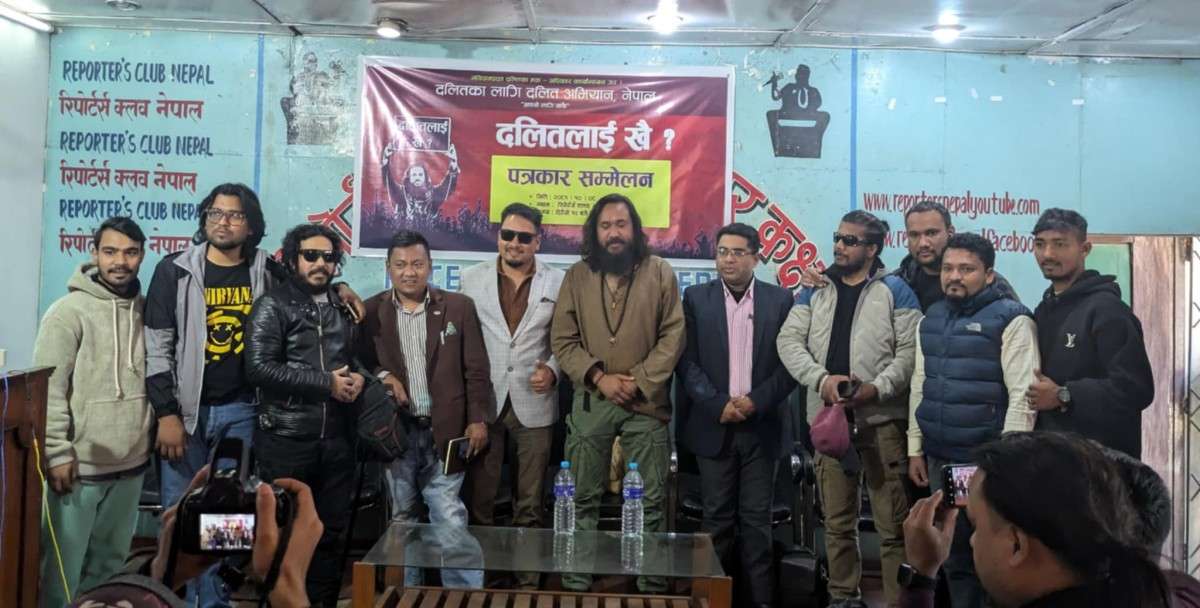
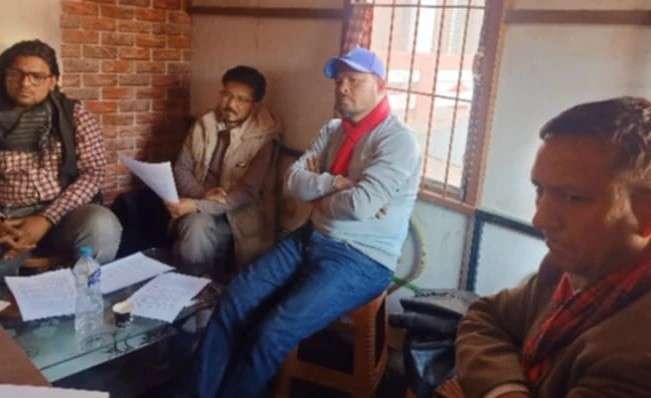
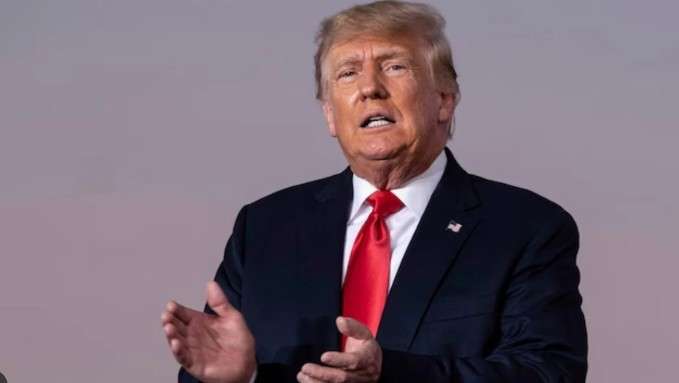
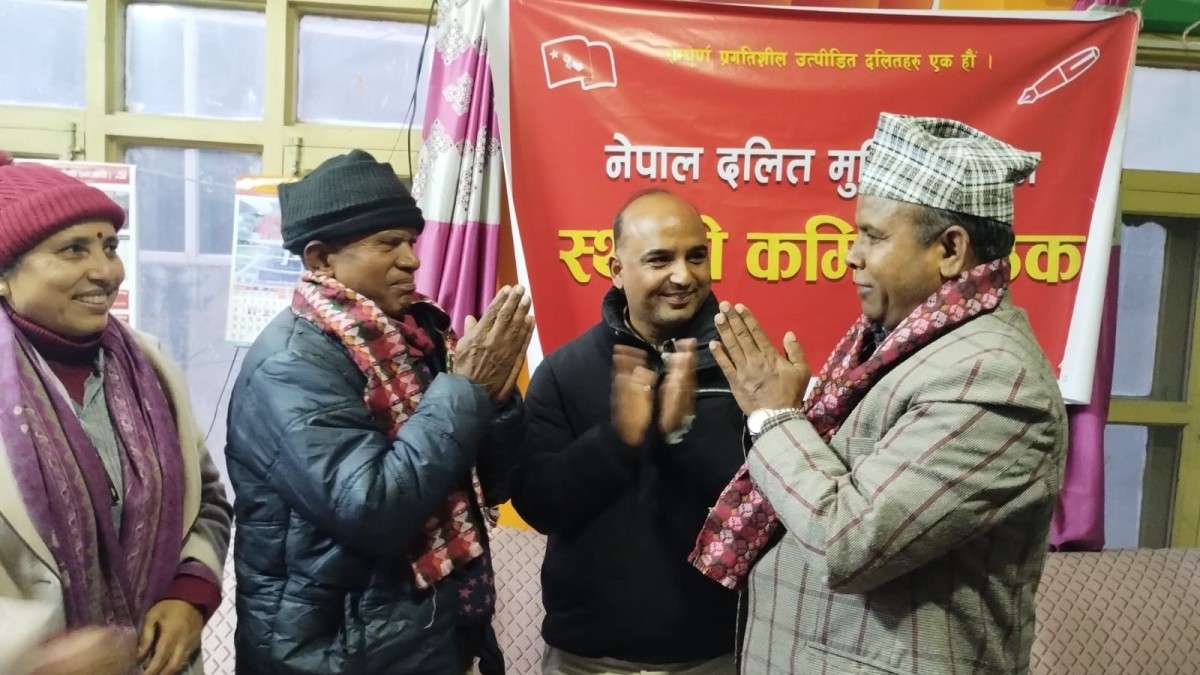
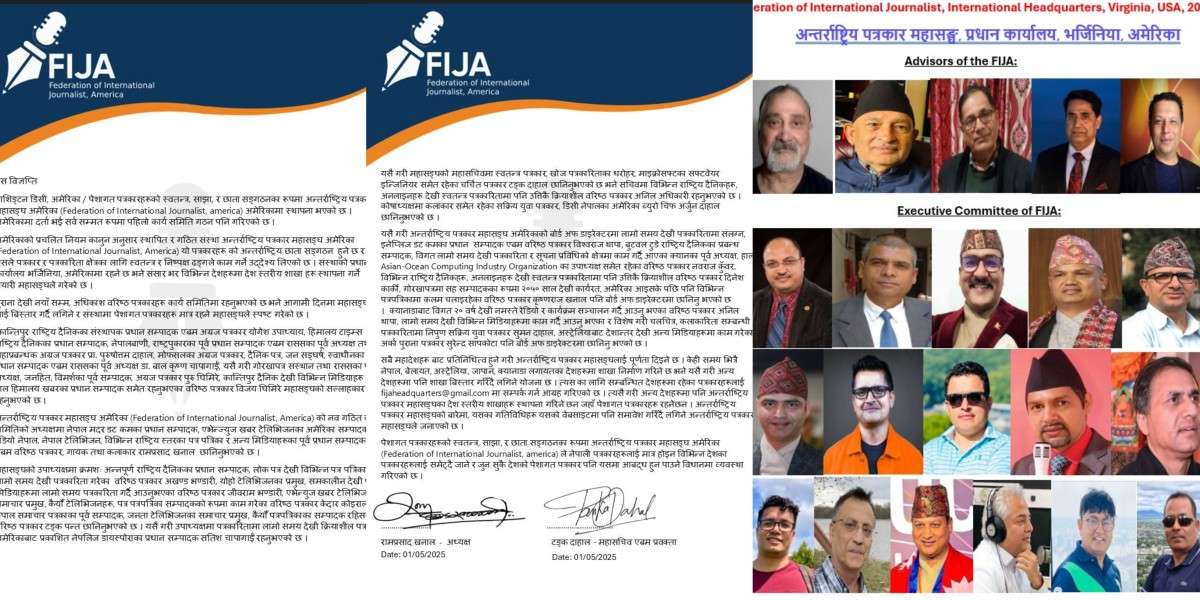
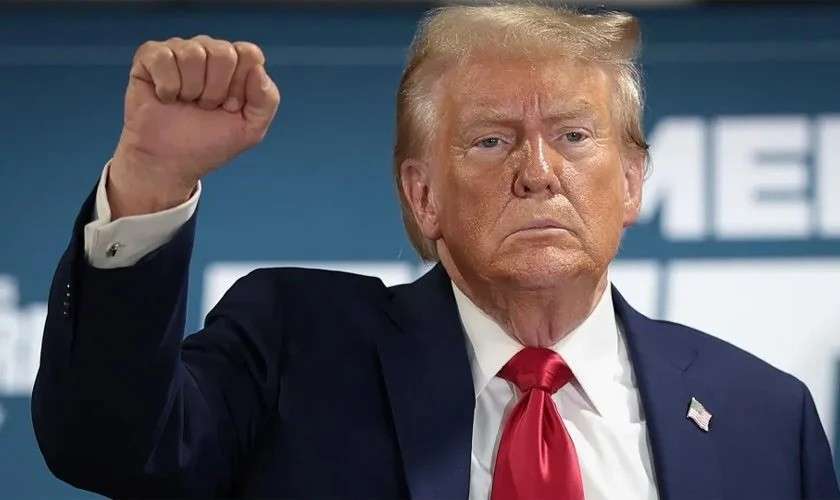



Conversation